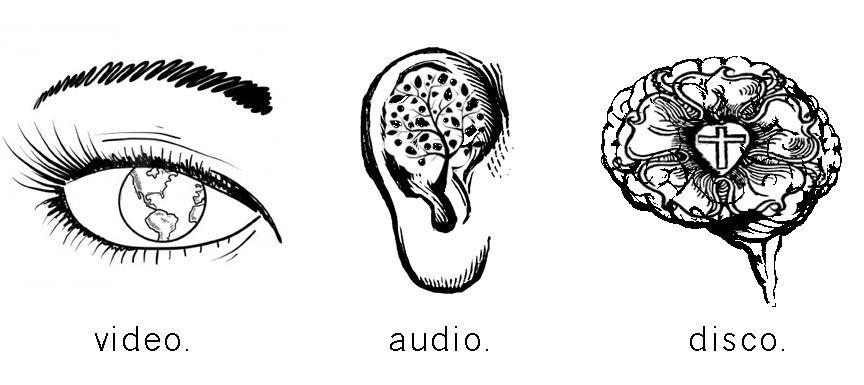
December 21, 2012? May 21, 2011? Or is it October 21, 2011? The rapture? Judgment day?? The END??? Take a second and breathe. And while you do so, take a gander at this list that I've put together to help gain a little perspective on humankind's futile obsession to predict the end of history:
Hippolytus of Rome (c. 170-236 C.E.) predicts that 500 C.E. will mark the end of the world.
2nd Cent. Montanist movement predicted the return of Jesus at any moment.
A man by the name of Hilary of Poitiers (c. 365 C.E.), announced that the end would come that year.
Saint Martin of Tours (4th Cent.) claimed that "the Antichrist has already been born."
An eclipse in 968 C.E. is interpreted by Otto III to predict the end.
The year 1,000 C.E. was popularly believed to be the end according to Christians in Europe.
1205 C.E.: Joachim of Fiore predicted in 1190 that the Antichrist was already in the world, and that King Richard of England would defeat him. The Millennium would then begin, sometime before 1205.
In 1284 Pope Innocent III computed this date by adding 666 years onto the date the Islam was founded.
Christopher Columbus sailed to the New World partly because he believed he was bringing about the new heaven and new earth prophesied in Revelation.
Martin Luther, the "father" of the Reformation, expected the end of the world within a century of his lifetime.
Thomas Muntzer in 1524 took part in the Peasant's Revolt because he expected the final judgment and end.
Many Americans believed the Revolutionary War to be the final war and King George III to be the Antichrist.
William Booth, founder of the Salvation Army, believed his group to be the chief agent in establishing God's kingdom.
[ NOW THE REALLY GOOD STUFF... ]
Jehovah's Witnesses have predicted 1874, 1878, 1881, 1910, 1914, 1918, 1925, 1975, and 1984 as times of eschatological significance.
Clarence Larkin, a popular representative of the dispensationalist school, predicted that Christ would return by the end of the 20th century.
Edgar Whisenant writes a book called 88 Reasons Why the Rapture Could Be in 1988 (over 3 million copies sold). In 1989, Whisenant offered a revised edition :)
In 1979 a man named Colin Deal wrote a book about a computer in Belgium known as "the beast," which he interpreted as the Antichrist.
Grant Jeffrey predicted Christ's return in the year 2,000 in his book Armageddon: Appointment with Destiny. Those who base Christ's parousia on his date of birth are usually far off since scholars now believe Jesus of Nazareth was born in 7 B.C.E.
Jack Van Impe (currently living and as prophetic as ever) predicted in 1975 that "the Soviet flag would fly over Independence Hall in Philadelphia in 1976."
And, of course, the current predictions based on the Mayan calendar that the world is ending on December 21, 2012 or May 21, 2011.
So... what now?
I think there are two brief thoughts to take away from this little exercise. The first is that as human beings we easily become fixated on our present situation at the expense of healthy perspective. What most, if not all, of these examples have in common is a very small view of history and the world. In short, they possess an extremely self-centered eschatology.
Second, for Christians interested in eschatology, we ought to take seriously Jesus' words that no one knows these things except God (“But about that day or hour no one knows, not even the angels in heaven, nor the Son, but only the Father," Matt. 24:36). Accordingly then, Jesus predicted that there would be eccentric fruitcakes trying to predict that which is only known to God ("And many false prophets will arise and lead many astray," Matt. 24:11).
In the final analysis, I prefer this little classic:
